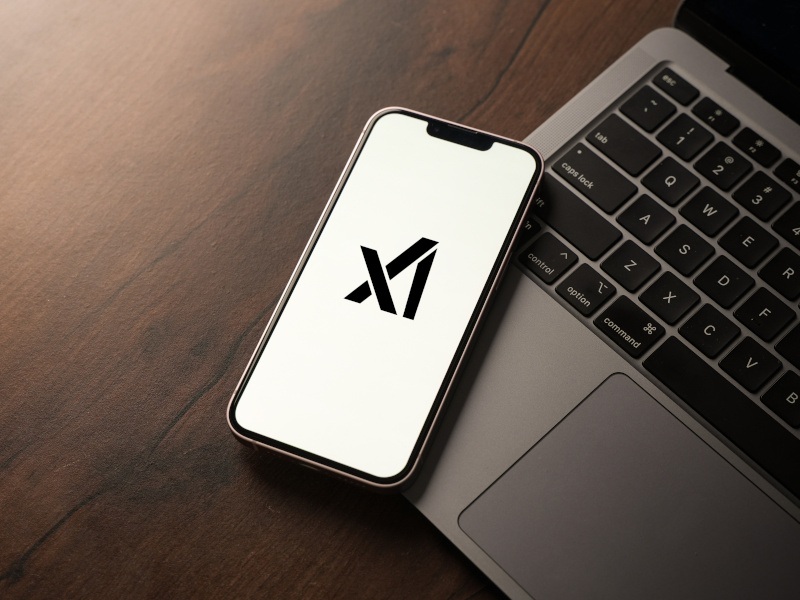
The start-up said this AI model will have access to the X platform to give it a ‘unique’ advantage over competing chatbots.
Elon Musk’s start-up xAI has shared details of its chatbot – Grok – as the company prepares to enter the competitive AI market.
The company claims this chatbot is designed to answer questions with “a bit of wit” and that it will also answer “spicy questions” that most would be rejected by other AI systems.
Despite referring to Grok as a chatbot with a “rebellious streak”, xAI says it aims to have the AI model be used as a “powerful research assistant” in the future, by giving users quick access to data.
The chatbot will also be integrated into the X platform, in order to give it a “unique and fundamental advantage” over other AI bots. Earlier this year, Musk said a reading limit was imposed on X to tackle “extreme levels” of data scraping from “almost every company doing AI”.
The start-up claims its large language model – called Grok-1 – has shown “strong results” compared to other AI systems, being surpassed only by models that were trained with far more resources such as OpenAI’s GPT-4.
“We are now preparing for our next jump in model capabilities, which will require reliably coordinating training runs on tens of thousands of accelerators, running internet-scale data pipelines, and building new kinds of capabilities and tools into Grok,” xAI said in a blogpost.
However, the company said Grok is a “very early” beta product, which has only been developed over the past four months. The chatbot is being made available to a limited number of US users, in order to gain feedback and improve the product.
“We believe that AI holds immense potential for contributing significant scientific and economic value to society, so we will work towards developing reliable safeguards against catastrophic forms of malicious use,” xAI said. “We believe in doing our utmost to ensure that AI remains a force for good.”
Musk has been a long-time opponent of unchecked AI, describing it as “our biggest existential threat” in 2014. In March of this year, he signed a controversial open letter calling for a pause in AI training due to the “profound risks” associated with the tech.
But he has also been involved in AI investment, being one of the co-founders of OpenAI, the company behind ChatGPT.
He has since become critical of OpenAI and other companies in the AI sector, while taking steps of his own to join the generative AI race.
10 things you need to know direct to your inbox every weekday. Sign up for the Daily Brief, Silicon Republic’s digest of essential sci-tech news.

